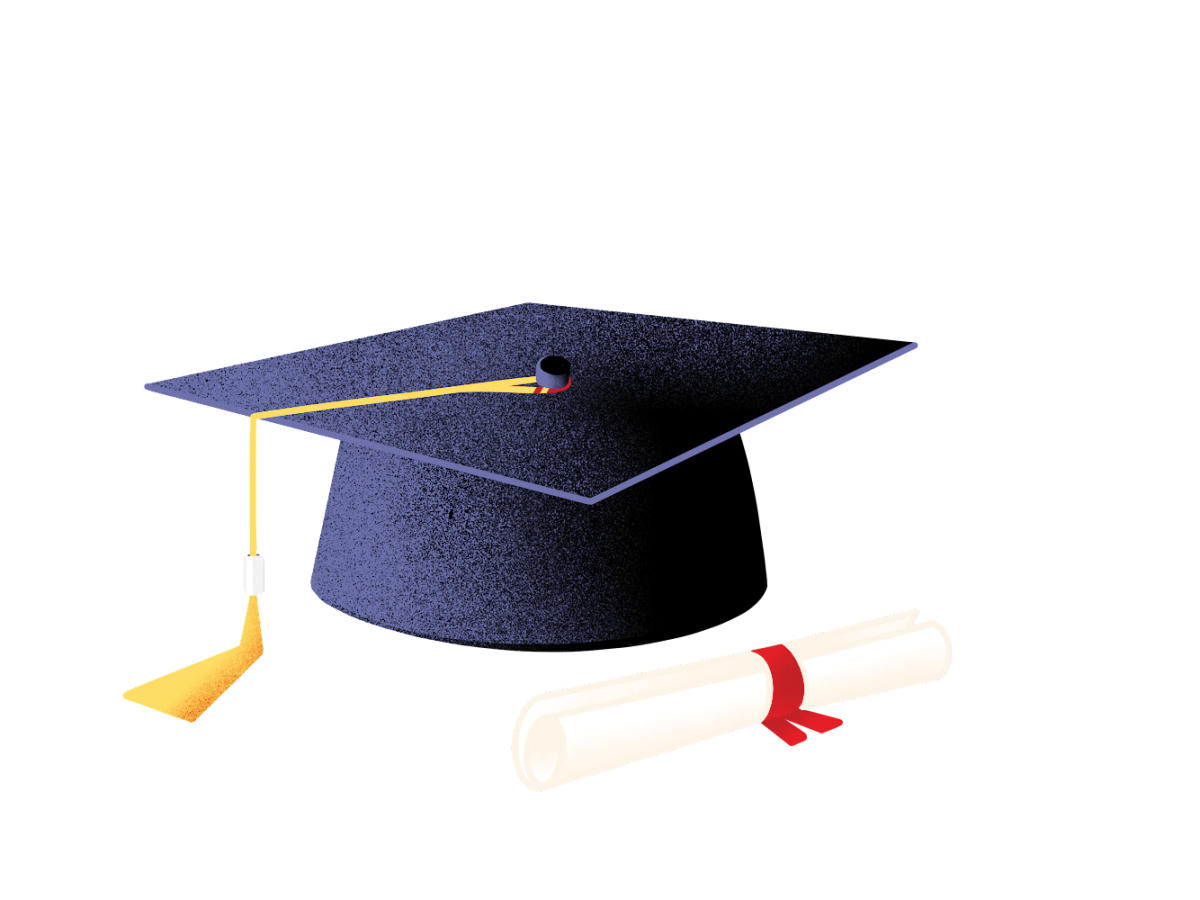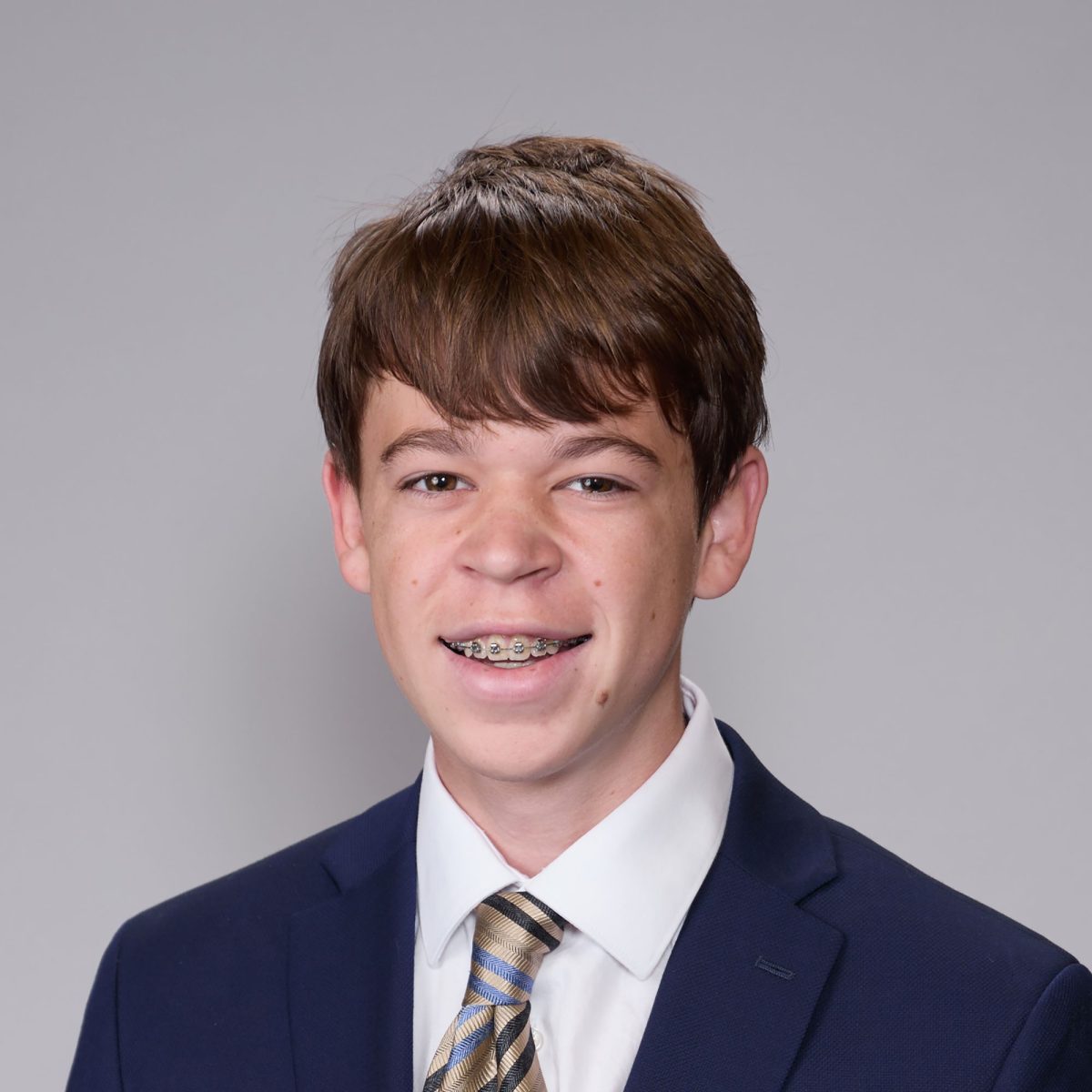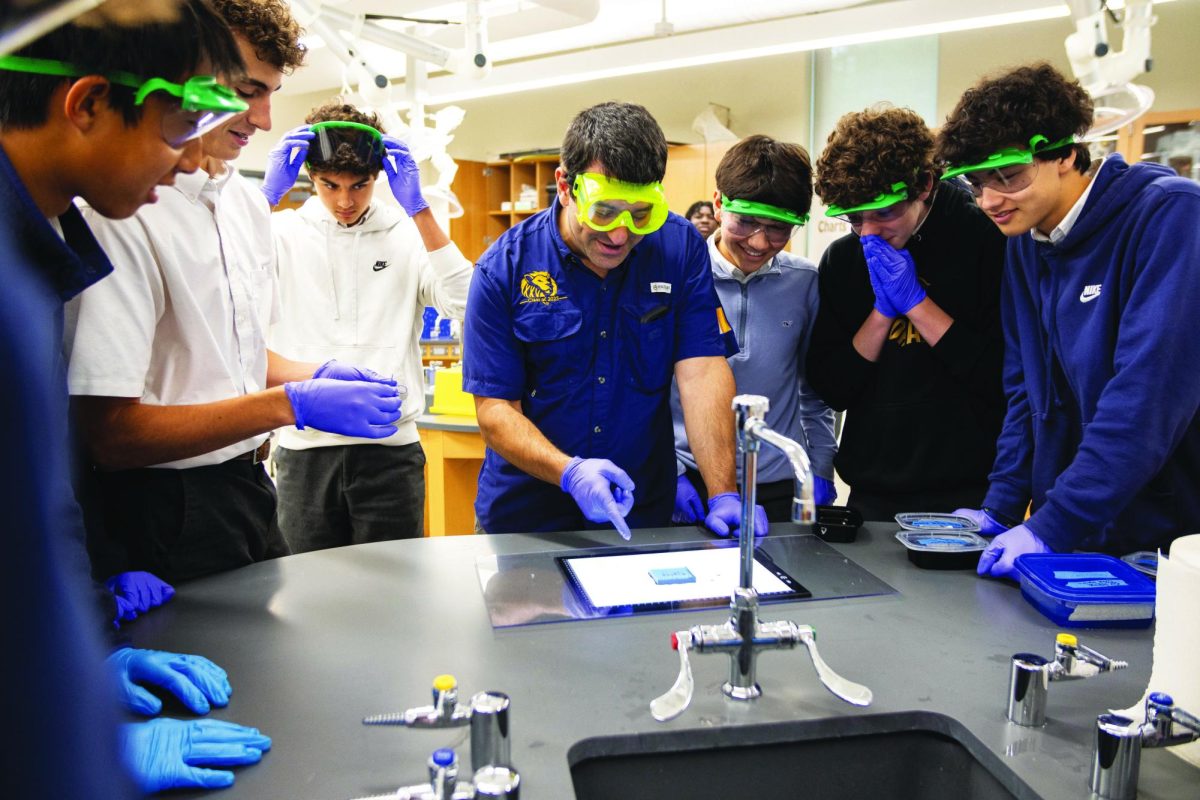There’s a certain level of prestige that comes with the title of Doctor.
It commands a certain level of respect from peers, elders, and younger people alike. To some, it is inspiring. To others, intimidating.
But, it’s also expensive, time-consuming and, in the eyes of some, not helpful in advancing one’s career. Graduate school, especially in the modern era, is viewed by some as a luxury of the past and ultimately unnecessary.
According to The New York Times Magazine, from 2009 to 2016, around 70 percent of highschool students enrolled in college. Recently, that number dropped to 62 percent, and the downward trend is still continuing.
A majority of young Americans have now voiced that college is not crucial, and that a high school degree is sufficient for financial stability. Promised with an early and decent wage, many high school graduates choose to join the workforce rather than attend college.
But for those who choose to pursue a higher education, shouldn’t they gain more financial independence?
According to The New York Times, since 1980, the wealth gap between a college and a high school graduate has dwindled significantly. This trend also follows post graduate students, with most industries offering little to no compensation. Moreover, the additional burden of student loans and lack of significant income suggest a student will most likely owe over $50,000 after graduating.
According to the National Center for Science and Engineering Statistics, the median salary of doctoral graduates is $90,000 and $55,000 in the humanities.
Despite this, almost all teachers at the school hold a graduate degree, and some say they plan on continuing their academic career. English instructor Dr. GayMarie Vaughan obtained her doctorate degree in liberal studies this past summer at the Southern Methodist University.
“I think it’s always been a bucket list item for me, and I thought about it several times along the way in my life,” Vaughan said, “I thought it’d be a good idea to fulfill it [as] something that would make me a better person.”
Vaughan’s choice to take another four years of advanced and rigorous studies brought her new perspectives and expertise in certain topics.
“I wanted to look deeper into ethics and human rights to ultimately become more aware of the ways I could champion things that would obviously help the world,” Vaughan said.
Associate Director of the Leadership and Ethics Program and Master Teaching Chair Dr. Martin Stegemoeller emphasizes learning for the purpose of seeking knowledge rather than simply getting an ‘A’ grade or, in this case, a more decorated degree. These same ideals applied to his decision to continue his studies.
“I had no real interest in getting the degree itself,” Stegemoeller said. “I just wanted to keep studying philosophy because it was good for me. I was interested in it and my course of study was also in literature which I was fascinated by at the time. I got offered a really, really good fellowship that just let me do all that work and get paid for it. I just got the degree along the way.”
The doctorate title is commonly known to denote an expertise in a particular field; Stegemoeller believes that specifically in the humanities this may not hold true. This falsehood factors into students’ decisions to complete a doctoral degree for, in Stegemoeller’s opinion, the wrong reason.
“I actually think this is a huge problem with the way the PhD is structured in the humanities,” Stegemoeller said. “There’s lots of kids who go through the higher education system and come out with a prestigious degree and virtually nothing to say. It might look good to an employer, but then what do you know about the world, or yourself or life?”
Even in the pursuit of knowledge, Stegemoeller believes his students may find reading books more valuable and worthwhile than the intense four year doctoral program.
“The students who have pursued PhDs that I think I’m partially responsible for are not particularly happy kids,” Stegemoeller said. “I would instead urge my students to learn to love to read and think — then they could do all this stuff for free.”
Alternatively, English teacher Dr. Lauren Brozovich believes that a PhD is crucial for students who want to learn at advanced levels.
“Doing something at a high level can help you do it at a lower level,” Brozovich said. “If you have depth of knowledge, you’re just not concerned about the types of questions you’re going to get asked. “I may not know the answer to something the same way my colleagues may not know the answer, but I know how to quickly get an answer. Additionally, if your level of mastery is more shallow, you can kind of feel that you could be nervous about questions.”
Brozovich received her PhD in English literature focusing on 20th century American literature, lyric poetry of the 21st and 20th centuries, and ecocriticism. At her graduate school, the curriculum offered pedagogy courses for students aspiring to enter the teaching profession.
“The senior professor teaching that course comes and observes the teaching fellow’s teaching and gives critical advice on how to get better,” Brozovich said. “And so a PhD is a great opportunity to learn how to teach. Having done research, it helps students build on ideas from scholars.”
Despite the benefits of doctorate studies, some like Stegemoeller claim it unnecessary. The demanding time, money and energy commitment may be too much for those with alternate goals.
“[Getting a degree] is like saying, ‘I’m gonna run a six minute mile,’ instead of, ‘I’m gonna go get fit,’” Stegemoeller said. “There’s nothing magical about it, but the whole structure of it forces you to do stuff that would be hard to do otherwise.”






